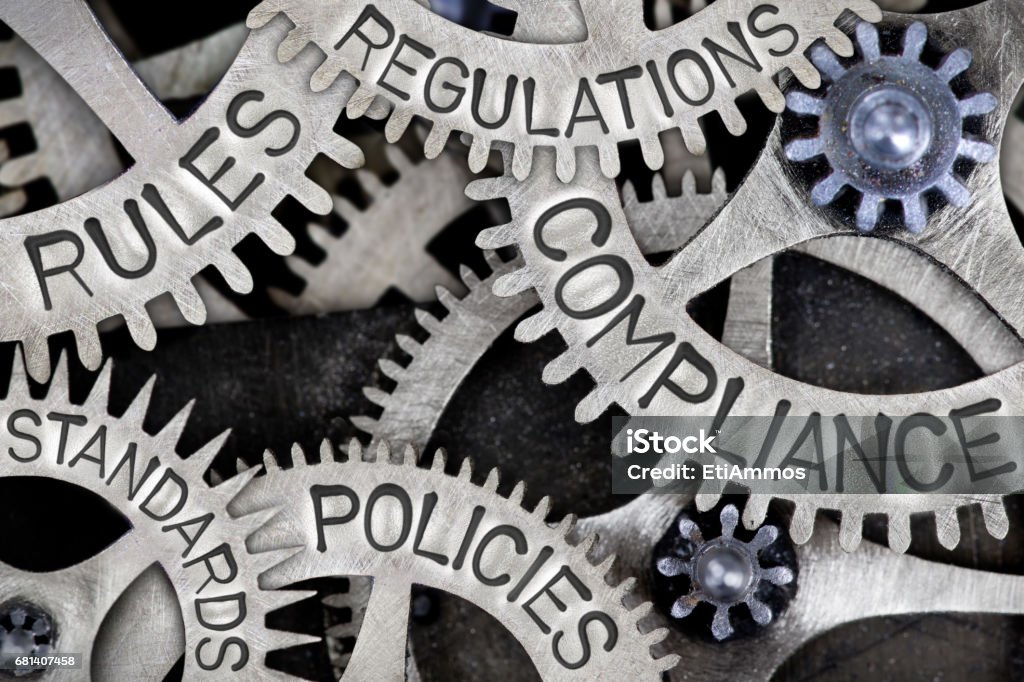The internet is more than just a repository of facts; it’s also a conduit for coordinating almost every facet of our lives. The internet is a place of boundless accessibility, convenience, and extreme exposure. The internet has created a world where people must navigate through endlessly intricate virtual networks, where they cannot know where their information is going or from whom it originated.
Today’s kids rely heavily on the online world to complete their daily tasks. The American National Library of Medicine’s National Institutes of Health (NIH) found that adolescents aged 8–28 spend an average of 44.5 hours per week using electronic media. Twenty-three percent of youngsters say they have a problem with video game addiction. As today’s youth become more tech-savvy and reliant on the internet, they are also increasingly vulnerable to its dark side.
The Effects of Widespread Internet Access on Children
Social & Psychological Effects
The increasing dependence of young people’s over-reliance on mobile gadgets, which may lead them to neglect their relationships with loved ones, is a growing concern. Friendships are more likely to be maintained digitally, via exchanging images and texts, rather than face-to-face interaction. The millennial generation has grown up immersed in the digital world of online games, websites (often malicious), social media (Facebook, Instagram, Snapchat), and more. Not that being online is inherently harmful, but too much of it may damage communication between parents and children and prevent the development of important interpersonal skills.
Social media use has increased dramatically in recent years. According to surveys, ninety percent of 13 to 17-year-olds use at least one social networking site, and it’s startling that 51% use social media at least once daily. Social media platforms were initially created to facilitate global communication, but they have evolved significantly since then. These sites have been dominated by graphic violence, explicit sexual material, and hate speech in recent years.
The psychological effects of exposure to this sort of material are negative, particularly for young viewers. Studies have linked excessive use of social media to a range of mental health problems, including anxiety, depression, and low self-esteem. Mental health professionals have been raising awareness of the issue and advocating for people to take a break from social media, especially on special occasions like World Mental Health Day.
Academic Effects
The increasing internet accessibility has brought about significant changes in the way young children engage with academic content. With the availability of a K12 online learning platform, children now have unprecedented access to a vast array of educational resources and tools. However, this accessibility comes with both benefits and challenges. On the positive side, the internet provides a wealth of information and interactive learning opportunities that can enhance a child’s educational experience. Through online platforms, students can access educational videos, interactive games, and virtual simulations that make learning more engaging and dynamic.
Additionally, the internet allows children to explore diverse subjects and pursue their interests beyond the traditional confines of a classroom. However, the widespread availability of online content also raises concerns about the potential negative impact on young minds. It is crucial for parents and educators to monitor and guide children’s internet usage to ensure they are accessing age-appropriate and reliable information. Moreover, excessive screen time and overreliance on online learning can hinder social interaction, physical activity, and critical thinking skills. Striking a balance between online and offline activities is essential to ensure a holistic and well-rounded academic experience for young children in the digital age.
Physical Effect
The effects of children’s internet usage on their social and psychological development are still the subject of much discussion, but the effects on their physical health are more apparent. Internet usage, like other sedentary activities such as watching television, may substitute more beneficial forms of physical activity such as sports and outdoor exercise, leading to negative health impacts such as poor muscle development and obesity.
On the other hand, similar to the negative social and psychological repercussions, the hazards to one’s physical health are most evident in instances of excessive usage. Using the internet in moderation is beneficial to developing good hand-eye coordination.
Conclusion
The impact of the internet on children’s academic, social, and physical development can be both positive and negative. While too much usage can lead to negative physical effects like obesity and poor muscle development, moderate usage can enhance hand-eye coordination. Additionally, children who use the internet for educational and creative purposes can profit from increased collaboration with peers and access to a wealth of information to lift their self-confidence. However, it is understandable that parents may be concerned about the potential risks linked with their children’s online activity and may be seeking ways to ensure their safety.



